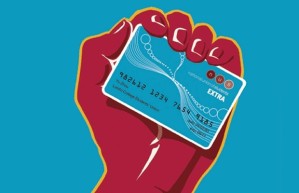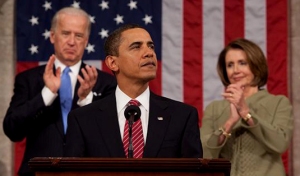You have got your very own kettle, your fancy dress kit and your berocca. Weeks of anticipation are heading to a climax as university begins and your childhood gets waved away. Your opportunity to prove yourself as a self sufficient adult has finally arrived. Or so you think. Fairly quickly you realise the glamour of being grown up does not quite correlate with the reality of your first year experience. You find yourself sleeping with no bed linen as keeping up with laundry finds itself low on your list of priorities, you feel tired all the time and you may even find yourself getting an ickle bit homesick.
And just as you start to get the hang of things, three years have flown by in what feels like three months and the real world starts to beckon. You don’t feel quite as wise as you had anticipated you would feel at this point. What you do feel is the weight of debt, fear and nostalgia. ‘What do you want to be when you grow up?’ becomes ‘what are you going to be?’ Your freedom seems to melt away. Your time has run out. The Quarter Life crisis has begun. Everyone seems to be settling down with cushty £40,000 a year jobs in ‘the city’ or are commencing a life of intellectual superiority with the pursuit of a masters. Do we have to leave the student bubble already? Can I really no longer get my student discount?
The symptoms of a Quarter Life crisis are numerous. Some find their inner Kerouac and decide a life on the road is the way to be. They opt for travel over job applications, and believe a mud hut in Uganda will hold the answer to their problems. It is common for these gypsy types to latch onto a cause, maybe tree related or the grievances of a remote Indonesian tribe, to establish a greater purpose in life and replenish their souls after three years of hedonistic debauchery.
There are the sufferers of PUD – post university depression. PUD sufferers return home to the comforts of Ma and Pa and proceed to wallow in the pain of their lost youth. Jeremy Kyle and Loose Women become your best friends as your indecision concerning what to do next stops you from doing anything, at all. Your mum’s gentle probing ‘Sent in any job applications recently?’ is met with barks of ‘I’m in a transitional phrase, leave me alone’ or ‘there aren’t any jobs, blame the recession’.
Some fellows refuse to get off the ‘lash train’. Tinged with the tragic, these ‘pardi animals’ rave into their thirties and are held back only by the onslaught of back pain and beer bellies. Your heart never really left student clubland and your ring tone is still Cascada’s ‘Every time We Touch’. Usually found cruising around town blaring out some ‘massive tunes’ or mud wrestling at all the summer’s festivals.
The ‘schemers’ already have a job by the end of first year, for fear of missing the boat. They have a crystal clear career plan (CEO by 30) and nothing is going to stand in their way. While some students wasted their holidays working in bars or exploring the world, the ‘schemers’ spent their time completing internships and filling out applications to every graduate scheme going.
The ‘Eternal Students’ decide keep their heads buried in their books. The warm womb of a library is more appealing than the brutalities of the jobs market. They complete degree after degree till their name is followed by every letter of the alphabet.
Published in the University of Bristol student newspaper, The Epigram, January 2013


